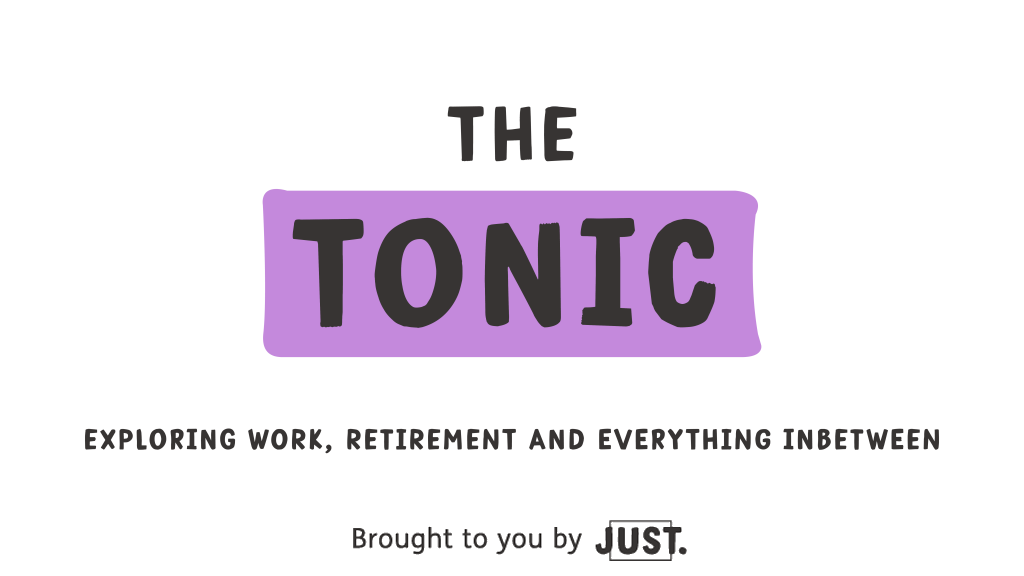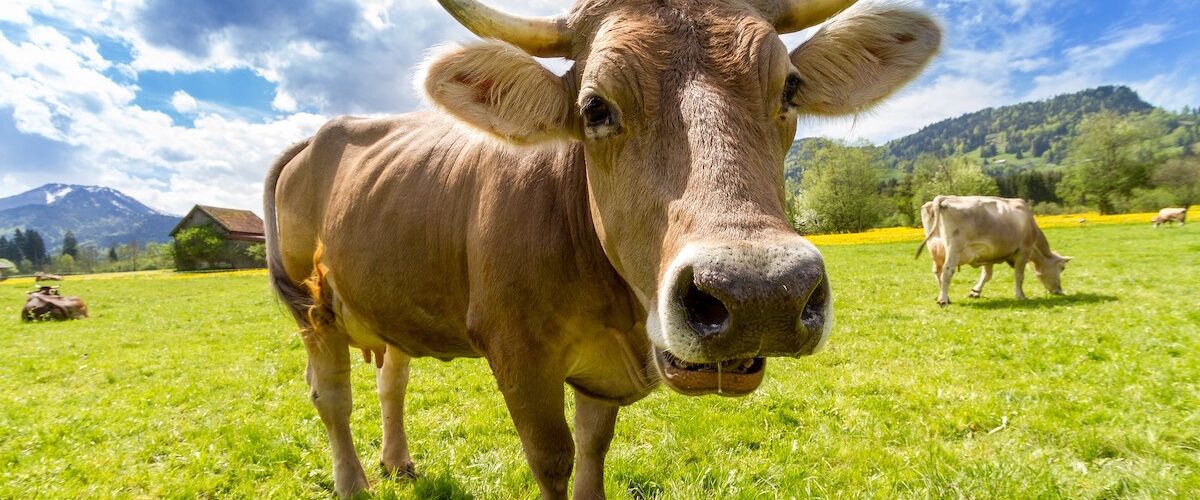Thinking about giving Veganuary a go? Or even just cutting out meat for a while?
What would happen if we all stopped eating meat?
It seems that increasingly we are being encouraged to question the place of meat in our daily diet. Veganuary – where participants attempt to ‘go vegan’ for January – is gaining in popularity. But what would happen if we all suddenly stopped eating meat?
Should we be looking to cut down our meat intake? Or cut out animal products altogether? We look at the pros and cons.
Look at how nutrition can supercharge your system as you age.
Health – benefits and risks
It’s undeniable that eating meat can be good for our health. Meat and animal products remain the most-concentrated source of protein and other essential amino-acids. The type of iron in meat and dairy (heme iron) is also much more easily absorbed by the body when compared to that from plant-based sources.
However, as with most things, you can definitely have too much of the good stuff. And too much of the wrong stuff, such as processed meats. Excess consumption of red and processed meat has been linked to an increased risk of both heart disease and bowel cancer.
Do we eat too much meat?
Western diets are thought to contain far too much meat. Experts recommend we keep our consumption of red meat to just three or four times a week, and stick to portion sizes of 3-4 ounces. For example, a steak should be about the size of a deck of playing cards.
…experts recommend we keep our consumption of red meat to just three or four times a week
In addition, according to researchers at George Washington University School of Medicine cutting out meat may also help you lose weight. Adopting a plant-based diet is also thought to improve the quality of good bacteria in your gut. And this can impact overall health.
However, if you do decide to cut meat out altogether, it’s important to educate yourself on sources of protein and iron and ensure you get enough through your diet. Lack of these important nutrients can lead to muscle loss and anaemia.
Impact on our world
Meat has come under fire in recent years due to its contribution to global warming. Animals release methane as part of their normal digestive processes. And the sheer quantity of our meat consumption means this natural gas is having a damaging effect on the planet. In addition, manure produced by animals also releases the gas as it decays, and fertilisers used to grow animal food also have a part to play.
Raising animals for meat also requires a lot of water. Far more than that required to produce alternative protein sources such as lentils. And in some countries, forest land is being razed to the ground to create land for grazing animals, with potentially devastating consequences.
But it’s not all bad news for meat-eaters
Meat and meat production is important in terms of its contribution to the economy. The cattle industry alone contributed £1.4bn to the economy in England in 2020. The sector employs almost 100,000 people directly and around 255,000 people when we include those in supporting/associated industries.
And although the meat industry is currently a big polluter, according to the Environment Protection Agency (EPA), better livestock management could significantly reduce the impact of meat on our planet.

Animal rights
Whether or not we eat meat, most of us would agree that animals in the agricultural industry ought to be kept in humane conditions and have a good quality of life.
However, the huge demand for meat and animal products in the UK and worldwide has resulted in the creation of so-called ‘mega-farms’. Farms which employ intensive farming methods to feed and raise animals in a limited or sometimes caged environment.
…animals in the agricultural industry ought to be kept in humane conditions
There are more than 1,000 of these farms now in the UK alone. And while advocates believe that animal welfare standards are high, charities such as Compassion in World Farming have expressed concern at the practice.
Clearly, if more people give up meat, the incentive to raise animals in such intensive conditions would be lost.
But you can also do your bit to improve animal welfare. Start by being mindful of where the meat you buy comes from. Choose local, known sources, or organic meat. This should help ensure your money doesn’t go into the pockets of mega farms.
Should I give up meat?
The key problem with our meat consumption when taking both environmental and health factors into account, seems to be that of excess. Many of us are consuming far more than is recommended by health experts. And demand for more meat at lower prices is fuelling the intensive farming industry.
It’s also worth considering what would happen to all the animals in current farms were everyone to suddenly stop eating meat and dairy. Not to mention the jobs that would go to the wall.
However, there’s compromise to be had here.
If we’re not ready to go full veggie, perhaps we ought to think about ‘meating in the middle’?
Having meat-free days in the week, reducing portion sizes, and paying more attention to exactly where our meat comes from. This could all help to reduce the problems associated with meat consumption.
Here’s a few tips for swapping out some meaty options from Friends of the Earth
Thinking about the future? Cut through all the pensions waffle, with simple steps tailored to your needs to help you achieve the retirement you want. Get your free Pension Buddy Plan now.







Add comment